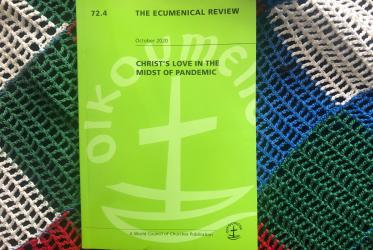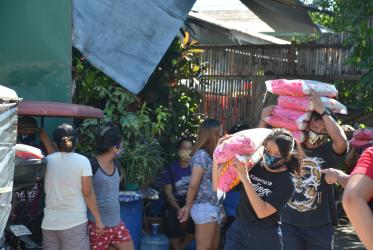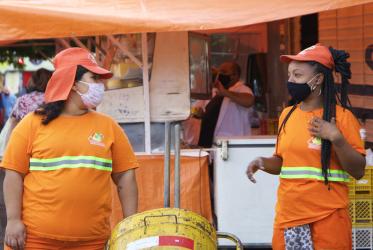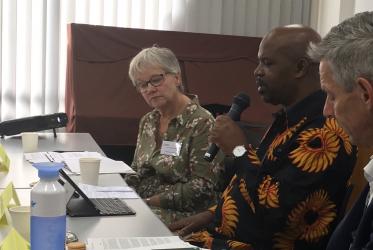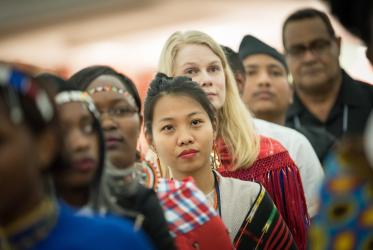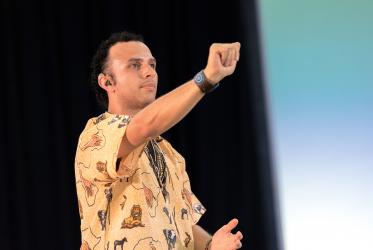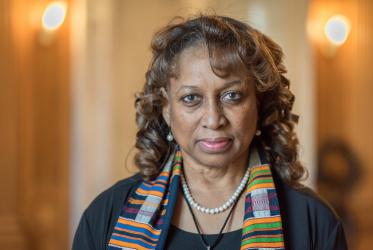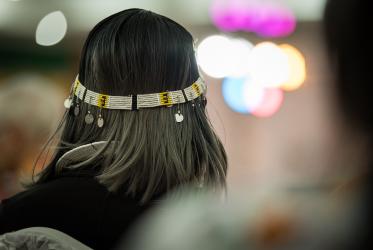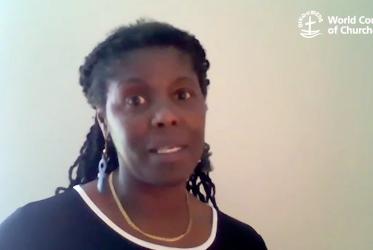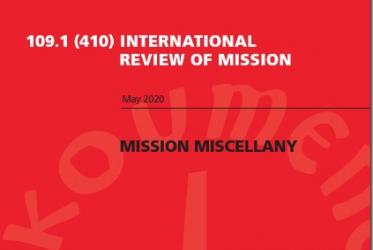Displaying 81 - 100 of 299
Two new podcasts explore intersection between racism and COVID-19
04 December 2020
Brazilian churches call for transformative racial justice
23 November 2020
WCC executive committee maps future with hope in uncertain times
19 November 2020
Frontline workers taking on “sacrificial burden” as COVID-19 spreads
06 November 2020
Webinar will highlight “People on the Move: Solidarity and Advocacy”
05 November 2020
In a COVID-stricken world, “everyone is important”
23 October 2020
WCC honors world’s indigenous communities
07 August 2020
